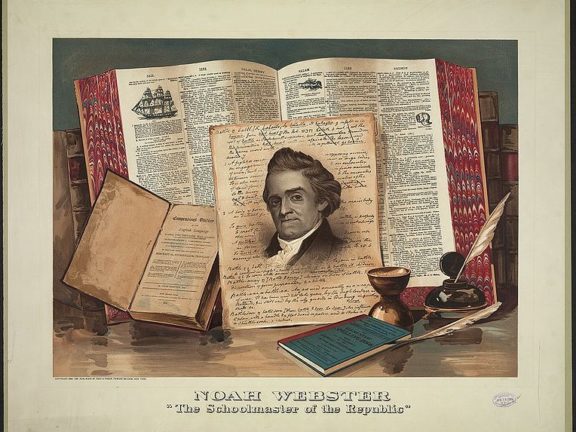Liberty or License?
Some people are beginning to grumble about the stay-at-home orders during this COVID-19 era. Protests are beginning to pop up in various state capitals. The concern, they say, is that their liberty is being trampled by authoritarian government. At this juncture, it might be beneficial to define terms. Noah Webster, America’s first lexicographer, offered in his 1828 dictionary a key distinction between the words “liberty” and “license.” He divided liberty into various types, one of which was “civil liberty,” the… Read more »


